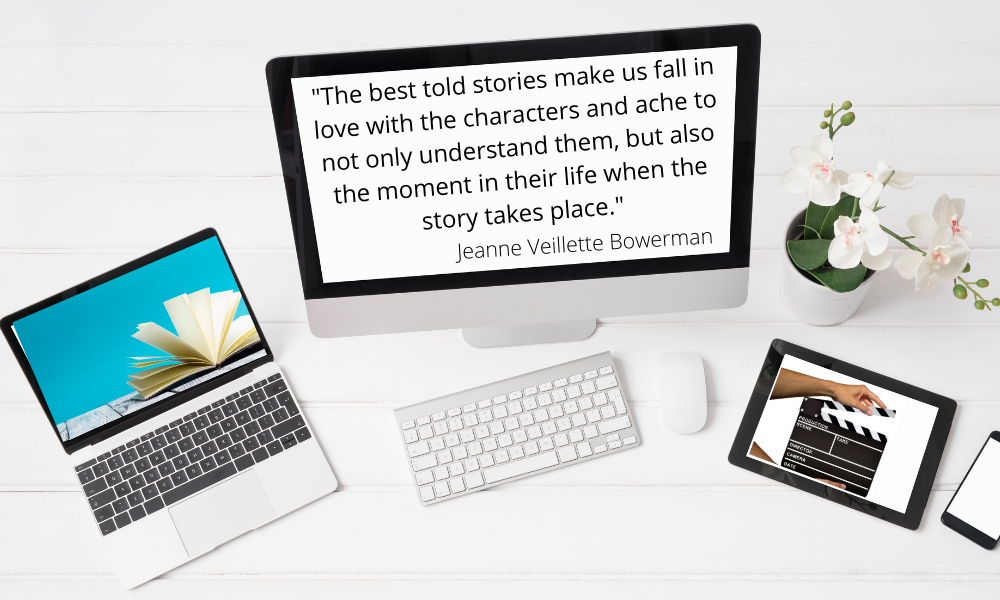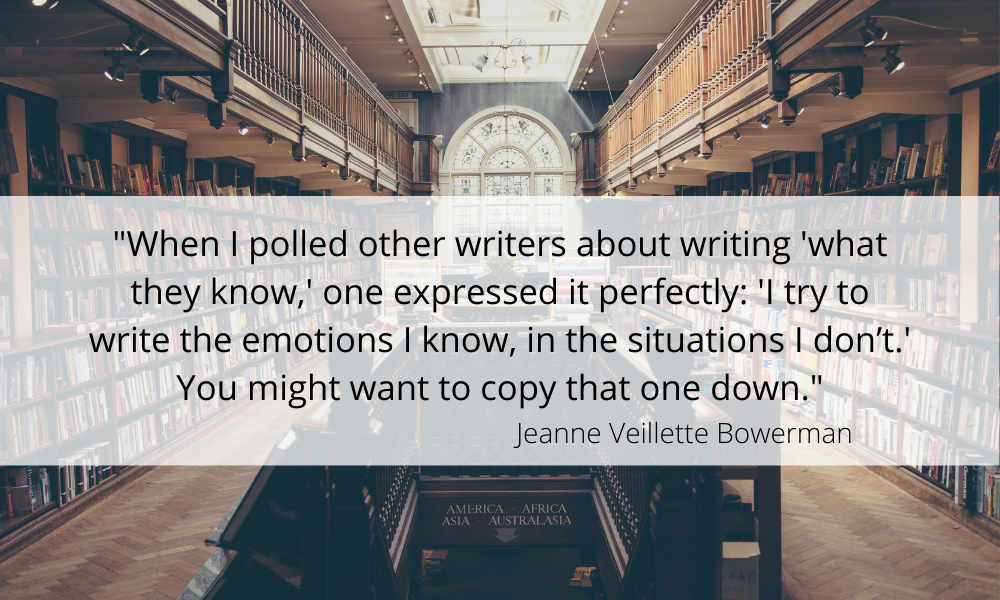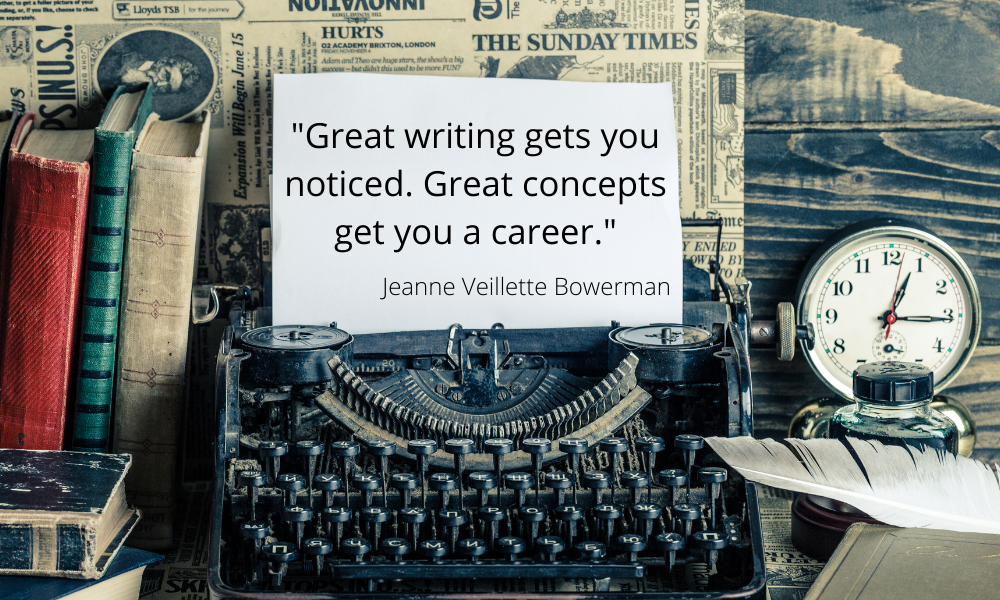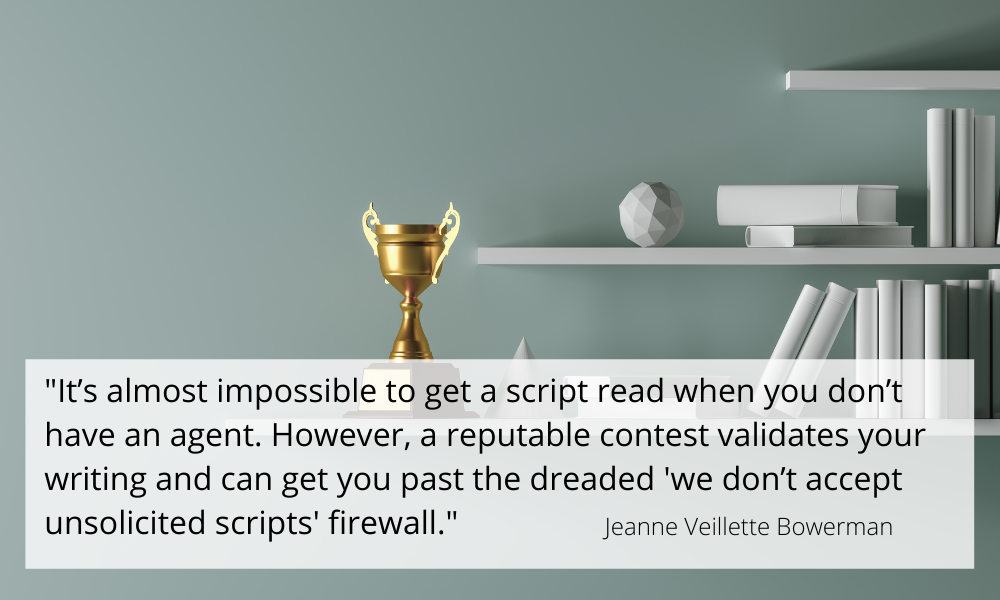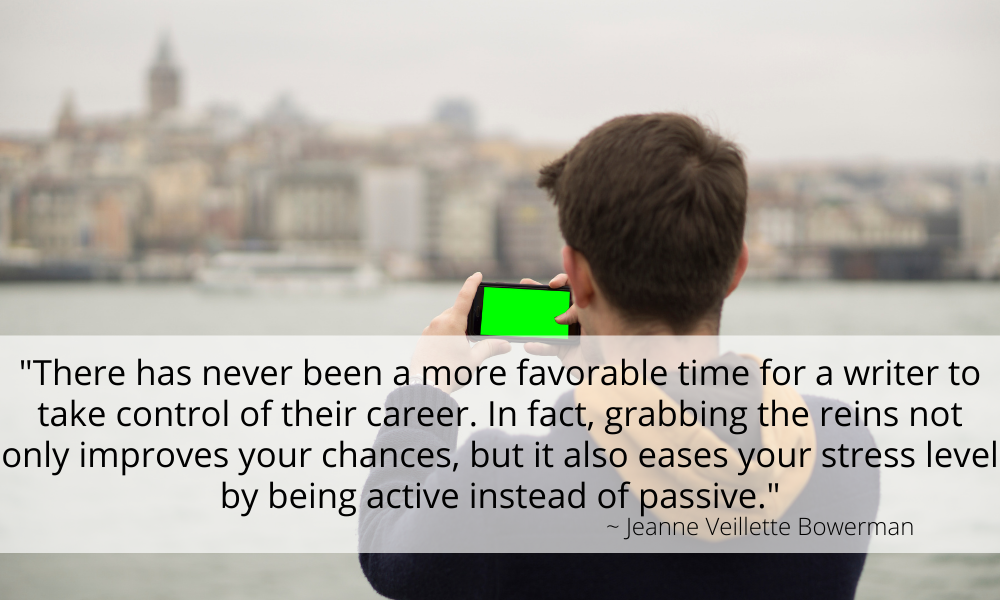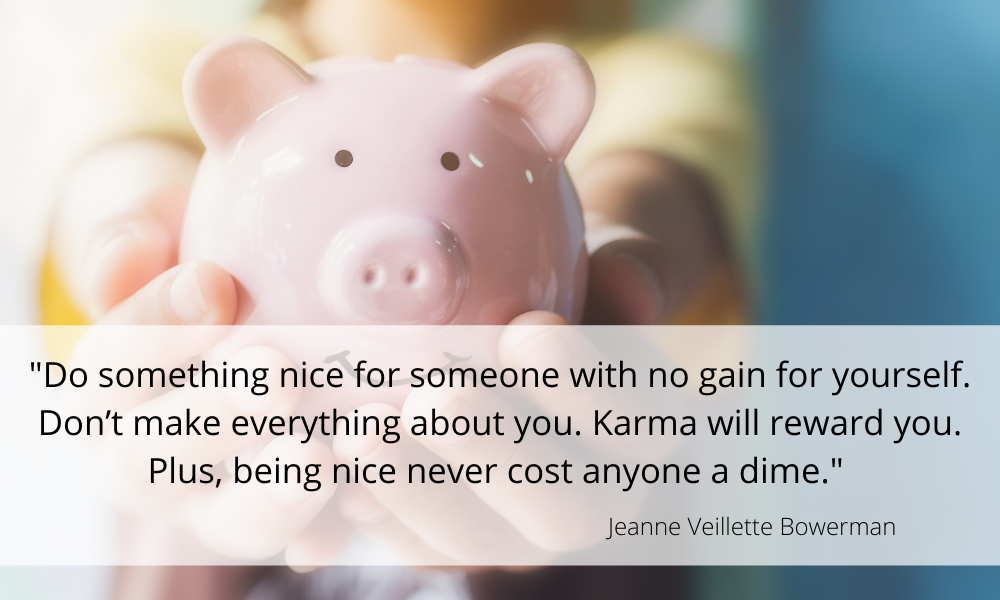Interview With An Author: Moving From Scripts to Novels
James Manos Jr. shares his experiences with the ups and downs of writing his first novel, Little Ellie Claus (Pocket Books; $15.95). Manos, who won a 1999 Emmy Award for writing for a dramatic series for the “College” episode of The Sopranos, also discusses the differences between writing a novel and penning a screenplay.
Little Ellie Claus (Pocket Books; $15.95) begins during the Great Depression in New York City as newlyweds Peter and Lucy arrive in New York to build a new life only to discover that Peter's planned job has been eliminated.
Their life savings are quickly depleted. On Christmas Eve day, just as the situation looks most bleak, Peter finds a job and Lucy discovers she's pregnant. But before they can exchange their joyous news, tragedy strikes and Lucy is left alone and penniless in the hostile city.
One year later, and on Christmas Eve night, an impoverished and broken Lucy decides she is incapable of raising a little Ellie and reluctantly leaves her baby at the doorsteps of a convent. But, before the nuns find Ellie, Santa Claus hears the baby's cries, saves her, and brings her to the North Pole, where he and Mrs. Claus adopt Ellie and raise the little girl as their own.
Eleven years later, Ellie learns the truth about her birth mother and leaves the North Pole to find her.
WD: Where and how do you write? Any writing rituals?
JM: I have an office, three different rooms, and I pretty much write in all of them depending on my mood. But I can never start a project there, so I check into a hotel—usually downtown LA, but never in Vegas or Mexico. I tried Vegas once, came home a week later with four pages on my laptop. Mexico didn't work for me either, because the telephone situation was pretty bleak and even though I go away to avoid distractions, I still need to talk on the phone. So I like to find places where I can walk around a bit, see some people, sit for a cup of coffee, but that's about it. I'll usually check in for10 days, two weeks, hopefully get a lot done and then head back to the office to finish. I can rewrite just fine in my office, I just can't start anything there. There's no logical reason for this, but if I were pressed, I'd have to blame my mother for something she might have done or said to me when I was a child. I usually blame her for most things I don't understand. She's a good sport about it.
WD: How did you start your career as a writer?
JM: I suspect I always wrote—mostly short stories, a couple of plays, but I wasn't paid to do so until five years ago.
WD: How did you find a publisher?
JM: A friend sent my screenplay, (which is what the book is based on) to Paul Fedorko (former publisher of William Morrow, and now my book agent in New York). He read it right away, called me, and he sold it to Pocket Books a week or so later.
WD: Do you have an essential writing rule?
JM: I have plenty of tools. My lap top, cigarettes, Krispy Kremes, Coca Cola—and a pair of baggy pants. Rules? Depending on what is being written determines the rules. I do believe research is critical and that is for reasons far beyond the purposes of authenticity.
WD: Did you learn anything about yourself while writing this book?
JM: The profound discipline it takes to finish (a book) and ultimately how very little I know about anything. I remember being half way through the book, when I called my agent, and asked him what I should do, because I had already used all the words I knew. It was a fairly daunting experience.
WD: What advice can you offer new writers?
JM: All the cliches are true—write what you want, write what you know. And of course, if one wants to write, then one must keep writing.
WD: Can you offer any words of wisdom on handling rejection?
JM: Give it as much weight as acceptance.
WD: As a writer, who are your biggest influences?
JM: Pretty much my family and the people I've come into contact with over the years.
WD: What was the most challenging aspect of writing this book?
JM: Finding the correct "voice" and that took some time. But I'd have to say, the most challenging aspect was remembering if the nouns went before the verbs. As a screenwriter (Manos won the 1999 Emmy Award for writing for a dramatic series for the "College" episode of the The Sopranos), syntax and grammar are the least of our concerns, in fact, the general rule of thumb is the more literate, the less chance the movie will ever get made. So I had to whip out my old "Warriners" on English grammar.
WD: What was your biggest surprise about working with a publishing house as opposed to a studio?
JM: How gentle and respectful everyone was. This includes my agent, Paul Fedorko, my wonderful editor, Tracy Sherrod, the publisher, Judith Curr and even everyone in the publisher's are department. If they'll have me back, I'm back.
WD: How does writing a novel differ from writing a screenplay? Which do you find more fulfilling/challenging?
JM: They're two different disciplines which meant I had to think in an entirely different way. My job as a screenwriter is to create emotions, feelings all through images—and any language used, is meant to compliment that, whereas with a book, there's much more of an emphasis on the internal—the thoughts of a character—what that person is thinking, what he/she is seeing, feeling. For instance and in a very pedestrian way, if in a screenplay, my character was walking down a Manhattan street, I would usually just write, "EXT. MANHATTAN STREET" and leave it at that, but in the novel, I was compelled to describe the street, which meant the choices were endless. Also, if one's lucky, a book may be more immediate—that is from the time you start writing to the time it's published, whereas on the average, a screenplay takes eight years from the moment it's written to the time it hits the screen—if in fact it ever does. But all in all, they are equally challenging and fulfilling.
WD: Following so closely on the tremendous success of your Emmy-winning episode of The Sopranos , did you feel any additional pressure while writing this book?
JM: The truth is, there was much more pressure on what my next screenplay was going to be. In Hollywood, novels and books are written by "other People," which usually means two things—the author is not a screenwriter and the author most definitely doesn't live in LA, so there isn't a hell of a lot of discussion out here about any of us writing books. Also, and this may sound cynical, but history has proven that most screenwriters aren't treated very well—it wears on people and consequently, many brilliant screenwriters are perhaps made to feel unworthy of writing a novel. I personally know far better screenwriters than myself, who have a lot to say and know how to say it, but will never write a book. That's a shame. But then again, there's always the issue of money and from what I understand, most book advances usually can't compare to what a successful screenwriter can make.
WD: What's next?
JM: Unfortunately I'm working on a screenplay, based on a personal experience which I emerged from relatively unscathed and somewhat alive. It's about a divorce.
James Manos Jr. won the 1999 Emmy Award for writing for a dramatic series for the "College" episode of The Sopranos.



